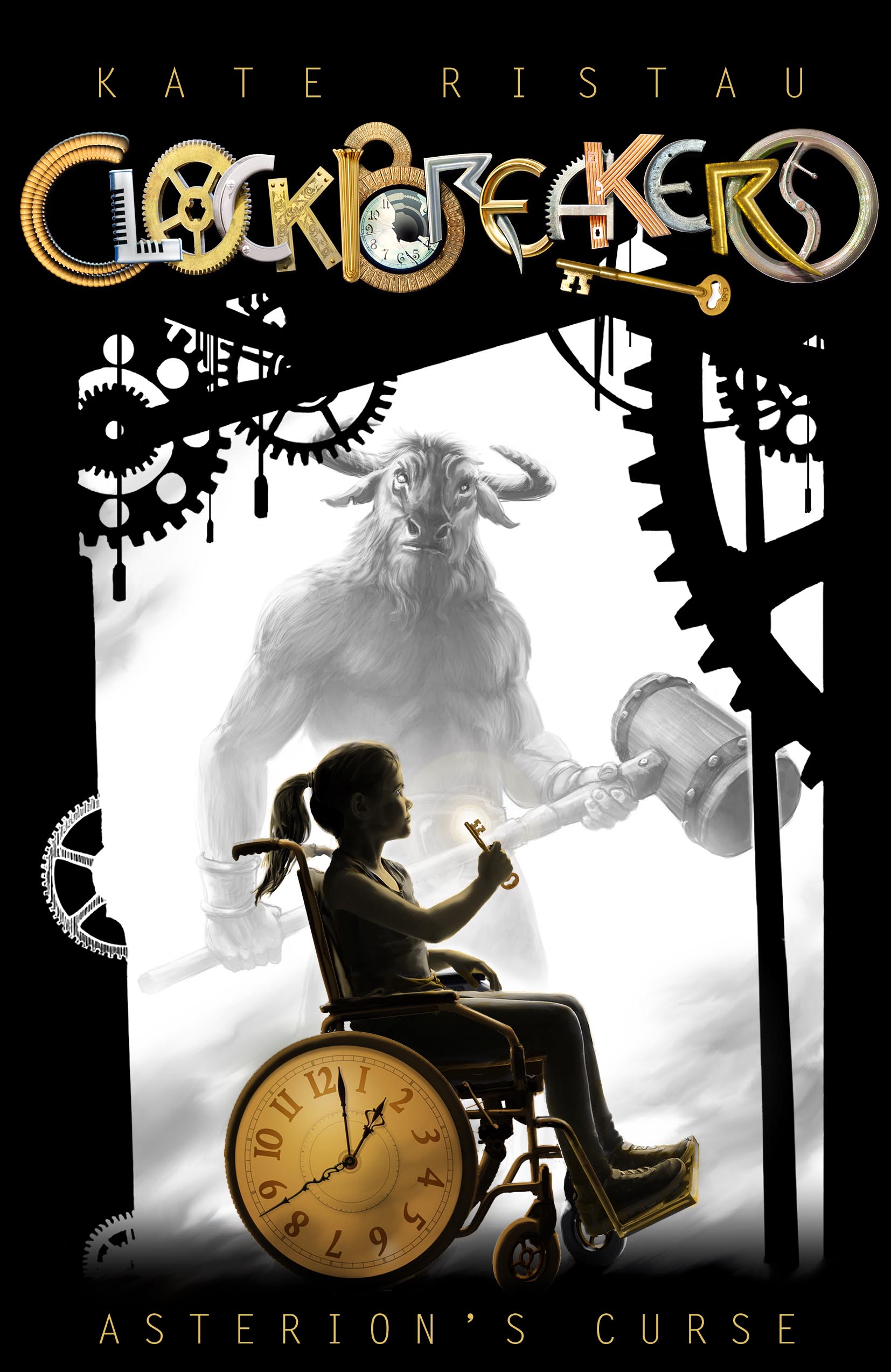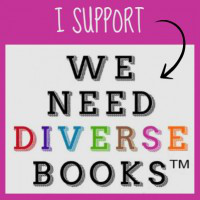I’m not an activist. I’m a storyteller. And when I wrote my middle grade novel, Clockbreakers, it was with the story in mind. I had an idea: a simple one. An eleven-year-old girl in a wheelchair gets a key to go back in time. At its heart, Clockbreakers is a story about friendship and family, and the chances we are given throughout our lives to make our world a little better.
Three years ago, I started sending Clockbreakers out. It immediately got representation. My agent was super excited about it. She liked the adventure and the story; she liked Charlie, the main character, and the way she tackled her life head on.
 A lot of the Big Five publishers liked her too. Editors pointed to her “crystal clear voice” and “self-deprecating humor” that “felt so real.”
A lot of the Big Five publishers liked her too. Editors pointed to her “crystal clear voice” and “self-deprecating humor” that “felt so real.”
Of course, other editors didn’t like Charlie at all, and I totally understood that. Just think about it this way: you don’t high five everyone you meet on the street. Some editors found her “spunky/snarky,” and didn’t quite “fall in love with her voice.”
It’s a challenge to find the right mix for a middle grade book, and I’m not a ZOMG amazing writer. We all know I suck at description, and sometimes my settings are like an empty space with no color and no texture but with one shining silver sword stuck into the colorless carpet, because seriously you guys, that sword is IMPORTANT. So I worked with my agent on revisions with a few editors, and sent the book out again.
And it kept coming back.
With every rejection, I thought of how I might revise, where I went wrong, and what I could do differently. I changed the family dynamic. I focused in on the beginnings of friendships. I considered the villain — was he too villainy? Maybe he shouldn’t even be a villain. Maybe he should be her friend? What’s his motivation? Why is he so angry? What color is his hair?
But the last Big Five rejection, well, it made me pause.
It was couched in carefully chosen language. And I respected many of the points the editor made, but I got stuck on one line: “I’m not entirely convinced she needs to be confined to a wheelchair, however, for this story to work.”
Those words caught in my brain and clogged up my pen. They sat in my head as I read the email from my agent, where she explained how she wouldn’t be able to take the project to anyone else. She was moving on.
But I wasn’t ready to move on. I still loved Charlie, loved her story, and loved the mix of folklore and friendship.
Yet, maybe the book wasn’t good enough.
That’s the feeling that’s kept me from writing this post: the idea that it wasn’t Charlie that didn’t work, it was me. I wasn’t good enough. I needed to learn to write better.
Charlie had something though — she had power and possibility. And if it really was just me and all my clunky words, where was her story, or stories like hers? Yes, as a character, Charlie did not have to be in a wheelchair. But in 2014, I said to myself, where are the diverse characters in books for young people?
I’m not an activist. If I was, maybe I would have had the words to express this before now. Maybe all these ideas wouldn’t have lived in my head. Maybe they would be on the page. And maybe I’d be telling you a different story by now.
But here’s what I know is true: the stories we tell ourselves, and the stories we tell our children, change who they are. They change who we are. They change the future.
And I want every child to see themselves somewhere in the books they read. I want them to connect to books so they can pick up their own pens and start writing their own stories. I want to read their stories too. I want us to do better.
So today, Charlie makes her way out into the world. A wonderful small press out of North Carolina, Indigo Sea Press, took Charlie’s story and gave it a home. Then, my friend Lee Moyer brought Charlie to life on the cover.
And now, Charlie is headed to the bookstore, where maybe one kid will pick up that book, and either see themselves, or see someone else for the very first time.
I hope you enjoy Charlie’s story.
We Need Diverse Books
If you are looking for books that represent and include all young people, head over to We Need Diverse Books.
They are working on a new ap, called OurStory, that will give you access to tons of different stories and resources. They also have great reading suggestions for every age level. If you are writing books, I particularly suggest you take a look at their programming. So many stories!
One reply on “Does she have to be in a wheelchair?”
I’m looking forward to reading this story. It seems Charlie needed to make her way into the world, and was lucky enough to be jettisoned by a determined writer who believed she could fly. Sounds delicious. And yes, we need diverse books!